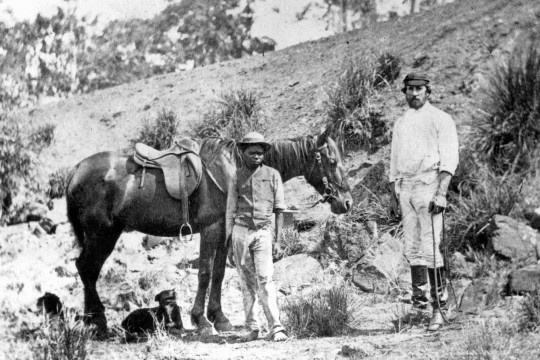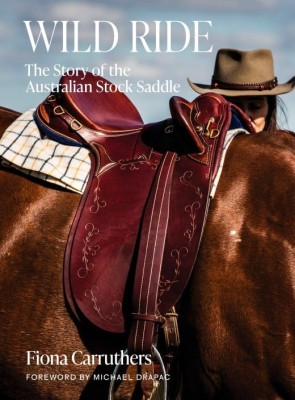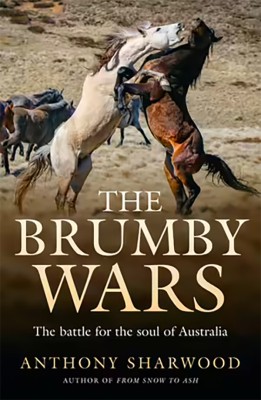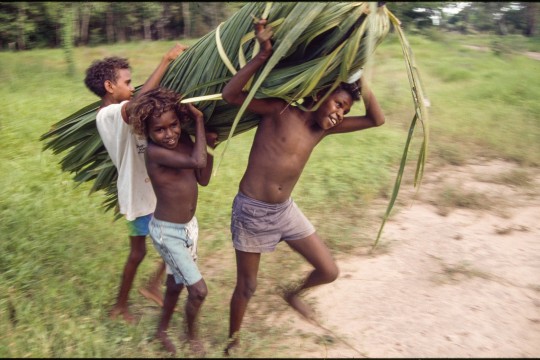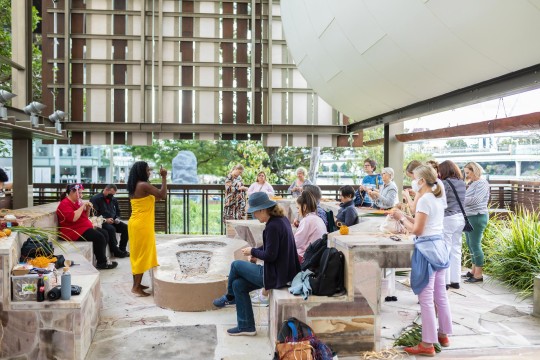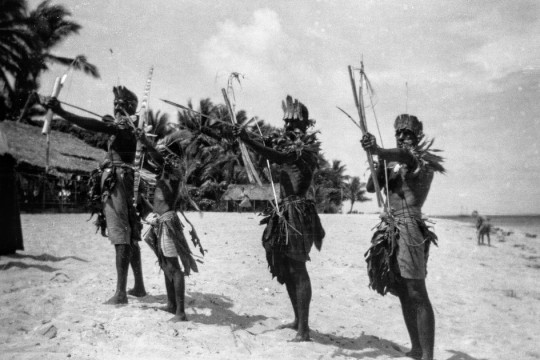Working Country
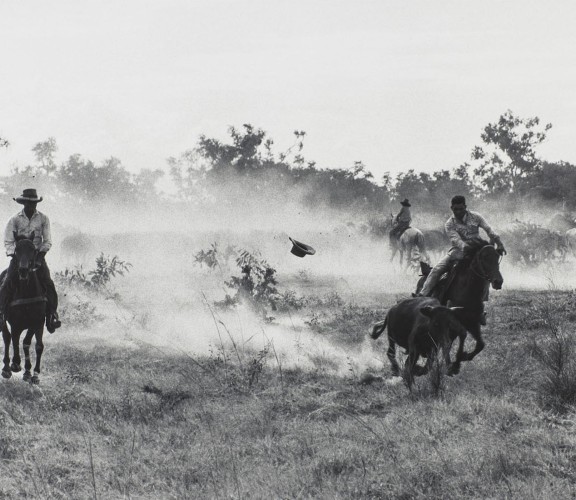
PAST SHOWCASE
Working Country
Aboriginal stockmen and stockwomen
- Home
- Working Country
/
24 June 2023 – 14 May 2024
kuril dhagun, level 1
About the showcase
In a time of unruly upheaval and devastation to land and family life from the colonial invasion, working Country was a means of survival.
With their knowledge and understanding of this land, Aboriginal people played an integral part in establishing Queensland’s pastoral industry.
Take a walk through kuril dhagun and explore State Library’s collection; stories of Aboriginal stockmen and stockwomen, the role of Aboriginal trade routes in establishing Queensland’s pastoral industry, the experiences of working on cattle stations, Aboriginal-run rodeos, and the fight for equal pay and land rights.
Themes
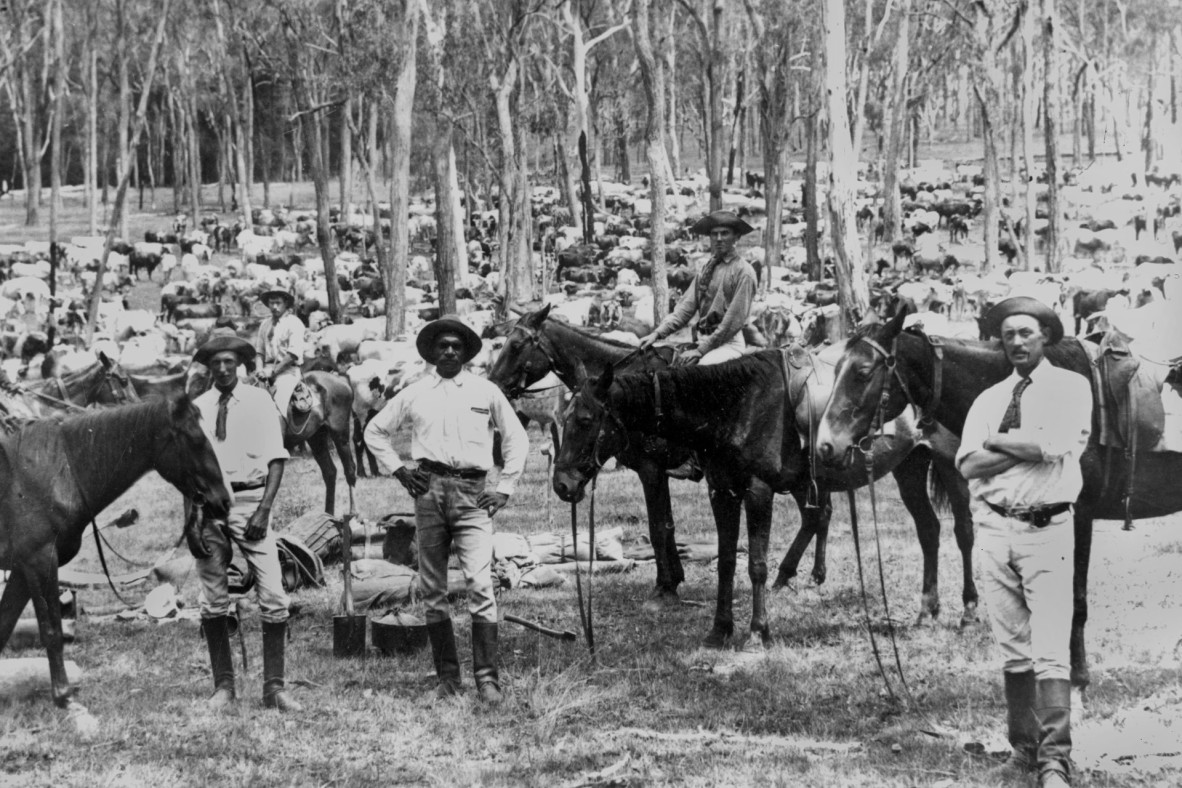
Establishing stock routes
Dreaming Tracks are a complex set of Aboriginal trade routes. They were the pathways followed and shared by Aboriginal people for millennia, marking out knowledge told through constellations in the sky and songs of creation stories that linked the people all over the country.
Aboriginal people’s knowledge of the land was essential for the early pastoralists who sought to survey the land to create trade stock routes. The original Aboriginal trade routes shaped the current stock routes, forming the backbone of the industry.
Aboriginal cattle stations
For decades civil rights impediments to citizenship, equal pay and land rights restricted Aboriginal people accumulating capital wealth equivalent to non-indigenous Australians. The Whitlam government established the Aboriginal Land Fund in 1974 to assist economic independence, and self-determination.
In following years civil rights improvements saw a selection of cattle ranches returned to Aboriginal people. Through an unwavering resilience, Aboriginal pastoral workers used their traditional knowledge and generational experience of cattle work to help rebuild their homes and communities.
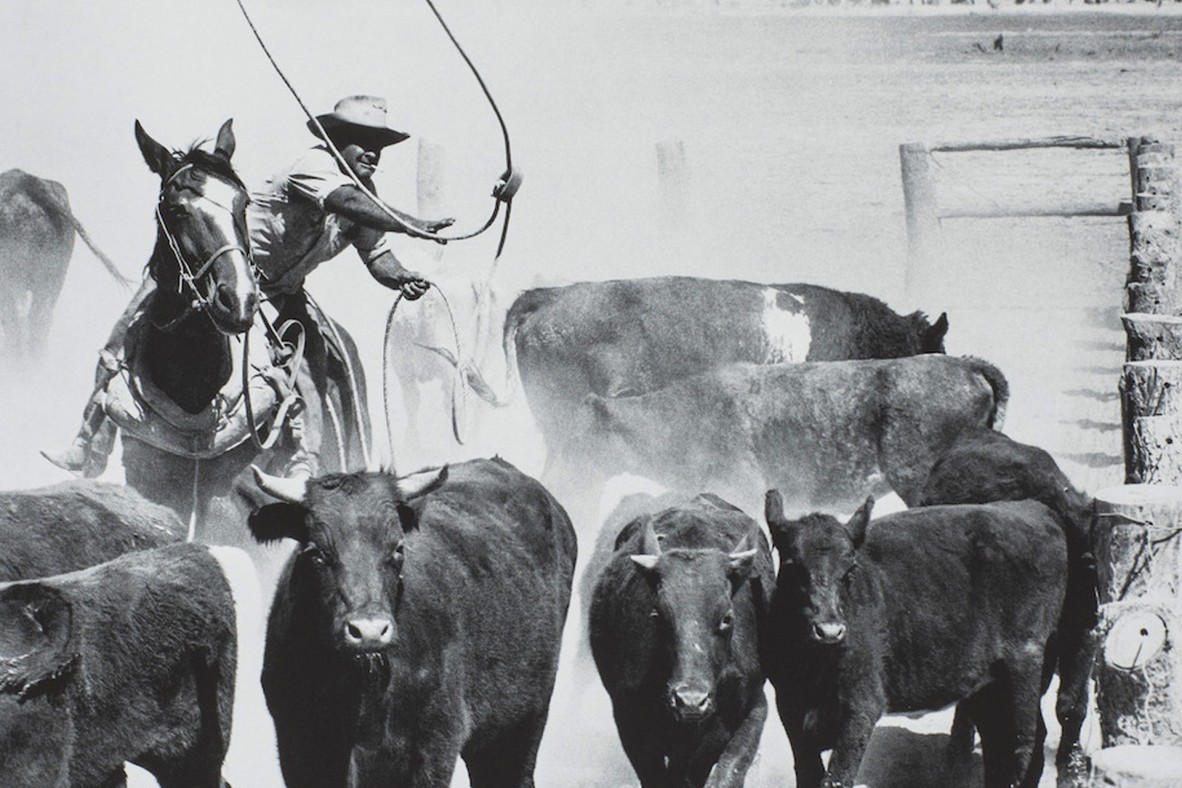
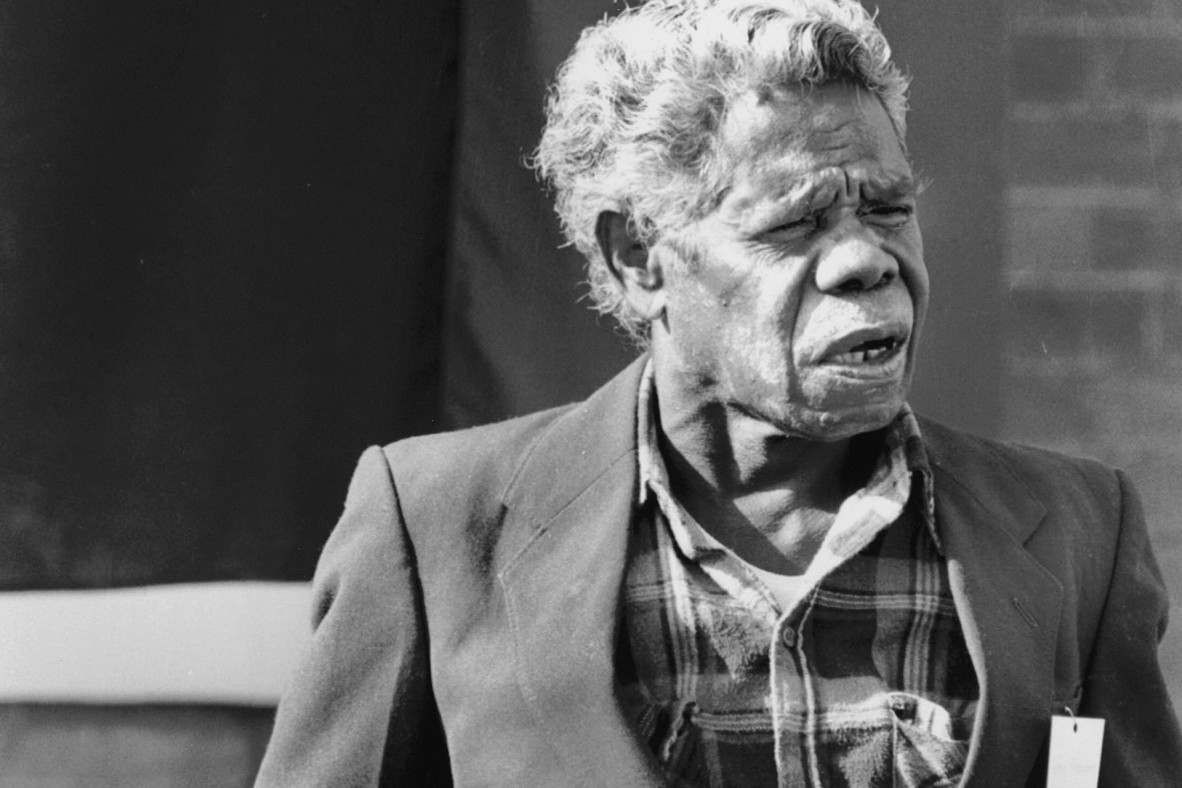
Civil rights and land rights
With the rise and increasing momentum of the civil rights movement in Australia for citizenship, equal pay, and land rights in the 1940s to 1960s, Aboriginal people fought fiercely for their human rights.
However, this campaign for fairness and equality resulted in more punishment. As these injustices were brought to the forefront, the voice of Aboriginal people who relied on the pastoral industry to provide for their families and to stay connected to their cultural homelands was not heard.
Aboriginal rodeos
During the British colony's invasion of Queensland, Aboriginal communities throughout the colony adapted to pastoral industry practices on their lands as a way to survive and harness a form of co-existence.
Aboriginal rodeos are one of these practices and have become internationally renowned with participants travelling from all over the world to compete.
Aboriginal rodeos highlight the legacy of the labour of Aboriginal drovers, stockmen, and stockwomen. Rodeo gatherings have ongoing cultural significance and acknowledge the ways Aboriginal people have overcome colonial adversity, adapted, and transformed in ways unique to them as a people.
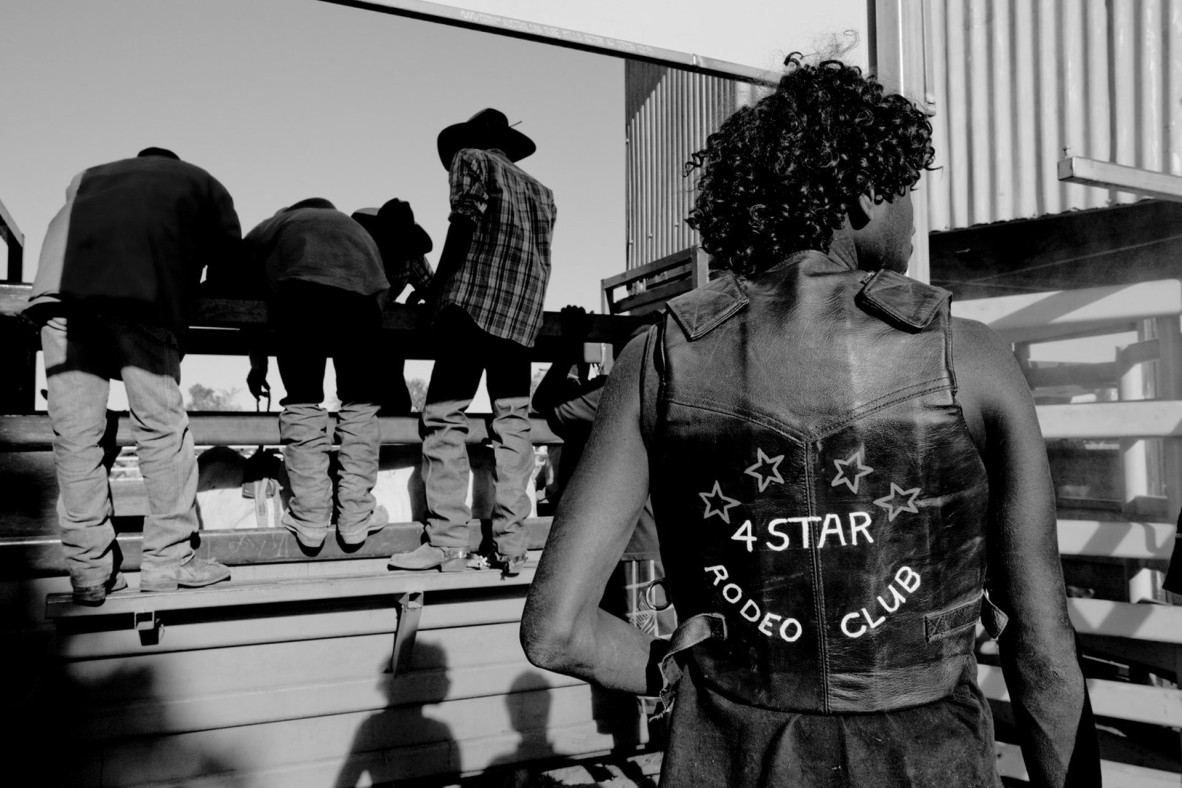
Resources for teachers
